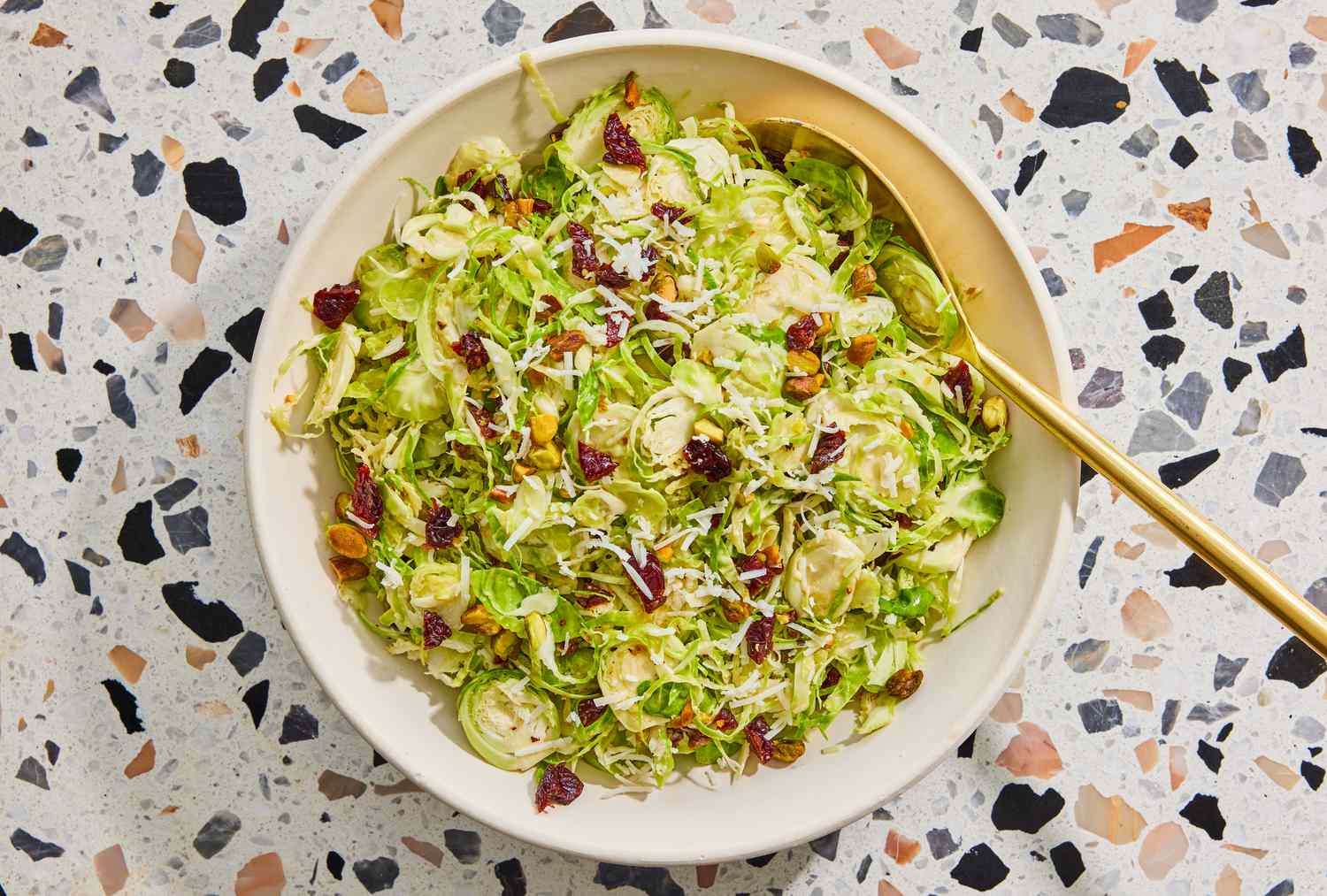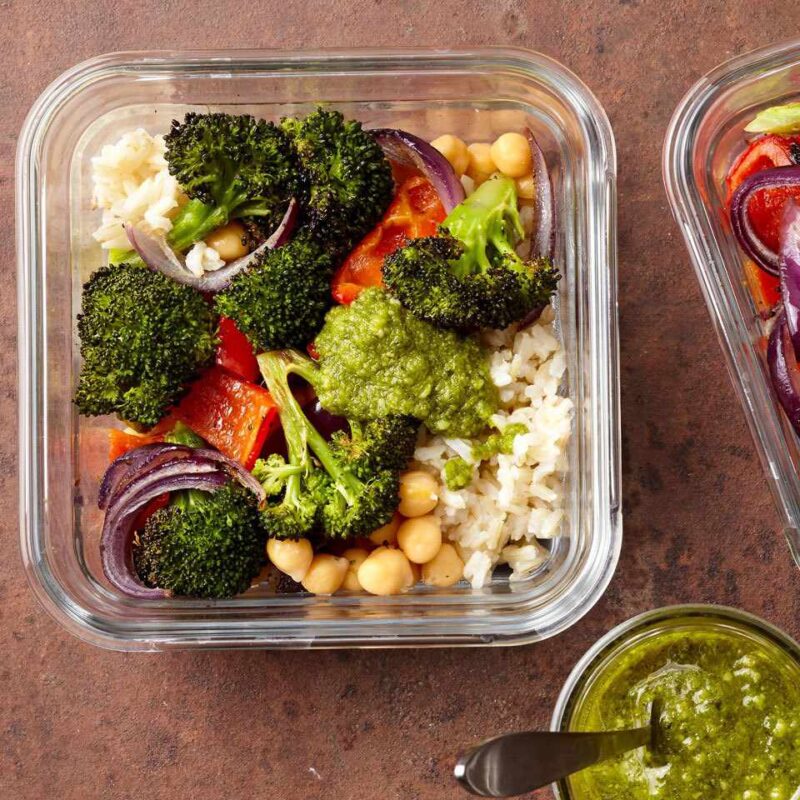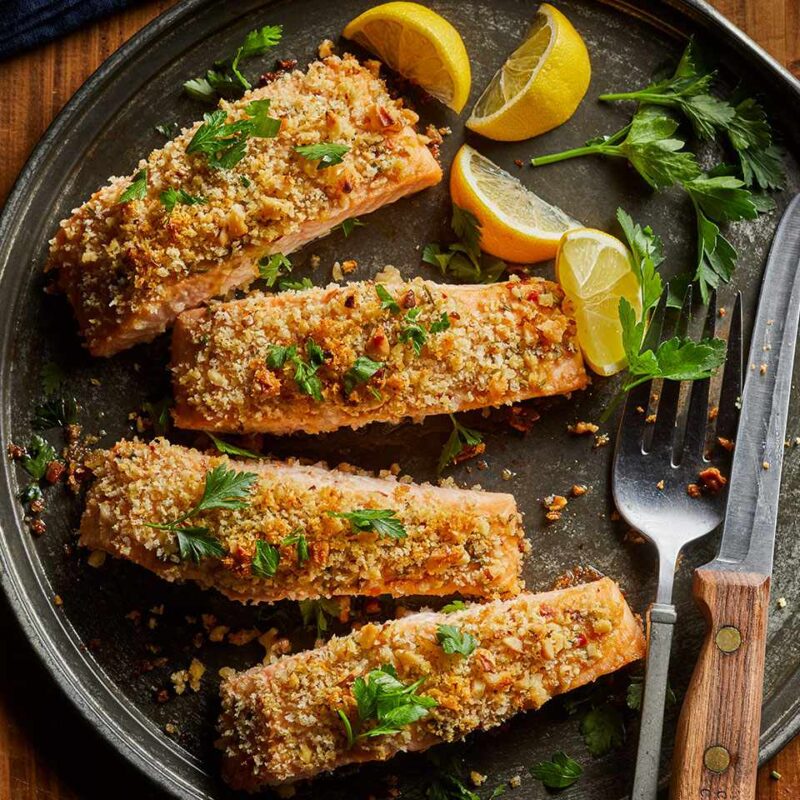Blog
The #1 Vegetable for Lowering High Cholesterol, According to a Dietitian

- Vegetables support healthy cholesterol levels, thanks to fiber, antioxidants and sterols.
- Antioxidants in Brussels sprouts fight oxidative stress and protect heart health.
- Eating cruciferous veggies like Brussels sprouts may reduce your risk of atherosclerosis.
Nearly 90 percent of the U.S. population falls short of the recommended vegetable intake, so with few exceptions, any vegetable you’re eating right now—whether it’s carrots, salad greens, or broccoli—is a win.
But if you’re one of the 86 million American adults with high cholesterol, know that the condition can often be improved through diet and lifestyle changes, as well as medication, if necessary. These dietary changes include eating vegetables, especially a certain type of vegetable.
Not all cholesterol is “bad.” This waxy substance is necessary for building cell walls and making vitamins and hormones. Excess cholesterol becomes a problem because it can form thick deposits on the inner walls of your arteries, making them narrower and less flexible. This leads to a condition called atherosclerosis, which increases your risk of heart disease and stroke.
Vegetables and Cholesterol
Vegetables are heart-protective because they contain a specific type of fiber called soluble fiber. “Soluble fiber binds and removes cholesterol from the body through bowel movements,” says Veronica Rouse, RD, owner of The Heart Dietitian in Ontario, Canada.
Vegetables also contain other cholesterol-lowering nutrients like antioxidants and plant sterols. Plant sterols are compounds that “are similar in structure to cholesterol and can help reduce the absorption of cholesterol in the intestines, which can lead to lowered blood cholesterol levels,” says Rouse.
Read on to find out what we crowned as our No. 1 vegetable for lowering high cholesterol. (It’s a good one!)
It’s Brussels Sprouts
Although all vegetables bring an array of cholesterol-lowering benefits to the table, there is one veggie that claims our No.1 spot: Brussels sprouts. Here’s why.
Soluble Fiber
A half-cup of Brussels sprouts provides 4 grams of total fiber, 2 grams of which are soluble fiber. According to the National Lipid Association, adding just 5 to 10 grams of soluble fiber per day to your diet from foods like vegetables could lower total and “bad” LDL cholesterol by at least 5 to 11 points.
Antioxidants
Free radicals are naturally produced in the body, but when unchecked, they contribute to oxidative stress—a risk factor for heart disease. Antioxidants help neutralize this oxidative damage, helping to prevent the cell damage caused by free radicals. And guess what: these mini cabbage-looking veggies are almost as antioxidant-rich as kale and spinach.
Brussels sprouts specifically contain antioxidants quercetin and kaempferol, says Rouse. She points to a study that shows these beneficial compounds can help reduce oxidative stress in the body. What’s more, a half-cup of cooked Brussels has just about half of the vitamin C (another antioxidant) that your body needs in a day.
Healthy Blood Vessels
Go ahead and ask for a second serving of sprouts—a research study shows that eating more cruciferous vegetables (like broccoli or Brussels sprouts) lowered the risk of atherosclerosis. In the study, older women who had the highest intake of these veggies (equating to more than a half-cup of raw Brussels sprouts) per day had 46% lower odds of having a specific marker for atherosclerosis compared to those eating the lowest amounts (less than a quarter-cup per day). Researchers believe compounds like flavonols, pectin, and vitamin K in cruciferous veggies help reduce oxidative stress and inflammation while preventing artery calcification.
Our Expert Take
High cholesterol increases the risk of heart disease, but diet and lifestyle changes can make a meaningful impact. One of the most effective strategies is increasing your fiber intake by eating the recommended 2.5 to 3.5 cups of vegetables per day. One vegetable we love for its cholesterol-lowering power and antioxidant boost? Brussels sprouts.
EatingWell.com, November 2023












